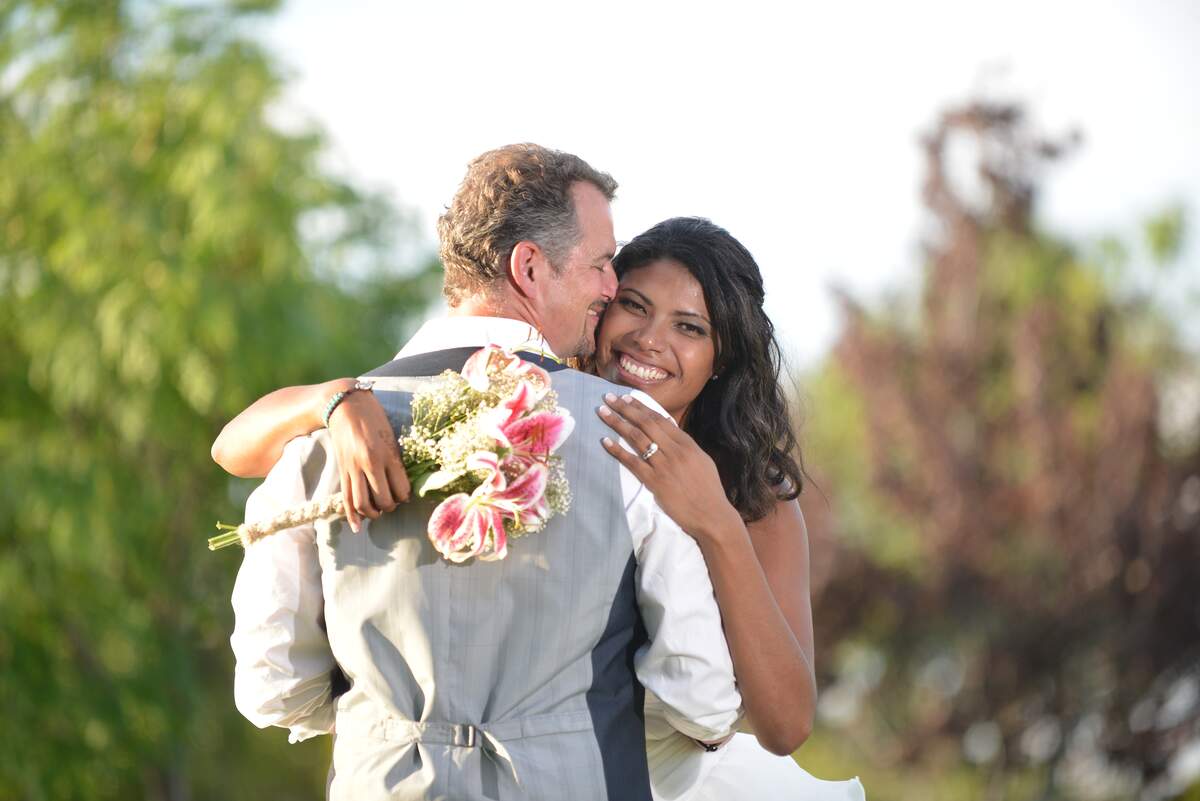

Loving Day
Today marks the anniversary of the 1967 United States Supreme Court decision Loving v. Virginia, which invalidated anti-miscegenation laws, which are laws that ban interracial marriage. Sixteen states had such laws on the books at the time. These laws not only banned marriage between those who were black and white but sometimes banned marriage between other races as well. Loving Day commemorates and celebrates the Supreme Court decision, and highlights its importance to a generation of people who have grown up with interracial marriage being legal. The day also looks at issues that interracial couples still face today.
Anti-miscegenation laws go back to colonial times, and all but nine states had such laws on the books at some point. Loving v. Virginia wasn't the first instance when anti-miscegenation laws had been challenged. One notable example took place in 1883, when Pace v. Alabama ruled that anti-miscegenation laws were Constitutional because both blacks and whites were punished equally. Five years later, another ruling said that states had the right to regulate marriage. The Virginia anti-miscegenation law that Loving v. Virginia dealt with, the Act to Preserve Racial Integrity, was passed in 1924, and those who violated it could face between 1 and 5 years in the federal penitentiary.
The Supreme Court case was named for Richard and Mildred Loving. Richard, who was white, and Mildred, who was of African American and Native American descent, were from Central Point, Virginia, about an hour's drive north of Richmond. In June of 1958, they married in Washington, D.C., where interracial marriage was legal. They then returned to their hometown.
A few weeks later, around 2:00 a.m. on July 11, they were awoken in their beds and arrested by the local sheriff. They were indicted and charged with a felony. After pleading guilty to "cohabiting as man and wife, against the peace and dignity of the Commonwealth," they were sentenced to one year in prison by Judge Leon M. Bazile. However, they were allowed to avoid jail time on the condition that they would leave Virginia and wouldn't return for 25 years. They settled in Washington, D.C., where they raised three children—but they longed to return to Central Point.
In 1963, Mildred wrote to Robert F. Kennedy, who was Attorney General at the time. Kennedy referred the case to the American Civil Liberties Union (ACLU), and they agreed to take it. ACLU lawyers Bernard Cohen and Philip Hirschkop were assigned to the case, and they did not charge for their services. With the lawyers' assistance, the Lovings filed a motion asking Judge Bazile to do away with the conviction and sentencing of their case. Bazile declined.
The lawyers took the case to the Virginia Supreme Court of Appeals, where the original ruling was upheld. The case eventually made its way to the United States Supreme Court, where a unanimous decision ruled that anti-miscegenation laws were unconstitutional under the Fourteenth Amendment, the amendment which guarantees due process and equal protection under the law to all citizens. Chief Justice Earl Warren wrote in the ruling, "Under our Constitution, the freedom to marry, or not to marry, a person of another race resides with the individual, and cannot be infringed by the state."
The case not only allowed Mildred and Richard to marry and struck down their criminal convictions, but it also negated the anti-miscegenation laws in the 16 states where they still remained. Although some states didn't change their laws, it didn't matter, because the court decision superseded any state laws. For example, Alabama had anti-miscegenation laws on their books until 2000, but because of Loving v. Virginia, it was illegal for them to enforce their law. Loving v. Virginia was a landmark moment of the civil rights era, and built on such successes as Brown v. Board of Education and the Civil Rights Act of 1964, to further eliminate discrimination and segregation. As for Mildred and Richard Loving, they returned to Central Point, Virginia, to raise their three children. Unfortunately, Richard passed away in 1975, being killed by a drunk driver. Mildred Loving died in 2008.
The holiday is not officially recognized by the United States government. However, the day has been recognized by the U.S. House of Representatives, and various states and cities. The commemoration and celebration of Loving v. Virginia is marked with events around the country each year. Small and large gatherings and parties take place. More formal celebrations began taking place when Ken Tanabe came up with the idea for Loving Day. He made the day the focus of his senior thesis project in 2004, while at Parsons the New School of Design. He launched the Loving Day website that June. Currently, volunteers in New York City and across the world run the website for the day, host a flagship Loving Day celebration in New York City, encourage celebrations around the world, and coordinate with community groups.
How to Observe Loving Day
Here are some ideas on how to commemorate the day:
- Host a party with family and friends at your home and share with them what the day is about. The Loving Day website has some ideas on how to host a celebration and on other ways to celebrate. There is also a place to list your celebration on the website, and you can find a list of public celebrations near you there as well.
- Attend the flagship celebration in New York City.
- Explore a map that shows the legality of interracial marriage in the United States throughout time.
- Watch The Loving Story or Loving.
- Read Tell the Court I Love My Wife.
- Stop at Historic Virginia Marker E-232 in Richmond.
- Visit the National Civil Rights Museum.
- Get married! Some couples in interracial marriages have used the day to get married, and you could too.





















